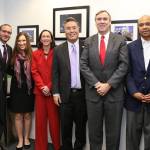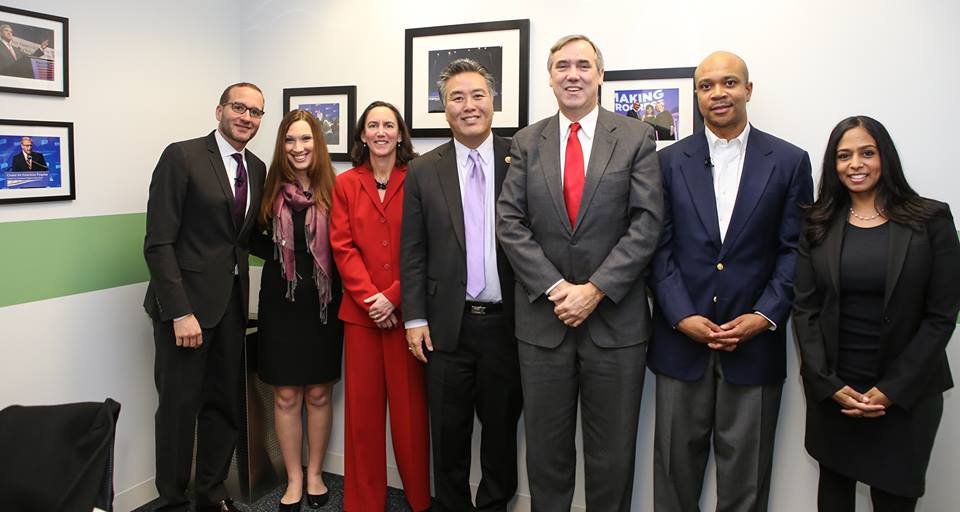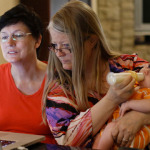by Ben de Guzman
The Center for American Progress’ LGBT Research and Education Project (CAP LGBT) has generated lots of important information about LGBT communities, their needs and challenges, and their strategies for resiliency and growth. Their research provides the data that advocates need to articulate the problems communities face, and the baselines and benchmarks needed to measure progress and hold lawmakers accountable.
Their “Moving the Needle: The Impact of the Affordable Care Act on LGBT Communities”* was released last month in time for the second enrollment period, and while it revealed important progress in terms of levels of access to health care coverage for LGBT communities, it also highlighted some ongoing challenges people are facing as they engage the system. For LGBT people less than 400 percent of the federal poverty level, the percentage of uninsured dropped from 34% to 26%, from one in three to one in four.* Their involvement in the #Out2Enroll campaign helps move the needle further to get LGBT folks access to health care coverage.

Speakers at CAP LGBT report launch, December 10, 2014 (Photo Credit: Ralph Alswang/Center for American Progress)
On Wednesday, December 10, the Center for American Progress launched a report, “We the People: Why Congress and U.S. States Must Pass Comprehensive LGBT Nondiscrimination Protections,” which gathers a tremendous amount of information about the challenges LGBT communities face and builds a strong argument for comprehensive LGBT nondiscrimination policies at the federal, state, and local levels. Among the findings included in the report that are relevant for elder communities were that among LGBT people ages 45-75, 13% of respondents were discriminated against in their search for housing because of their sexual orientation, while 25% were discriminated against on the basis of their gender identity. For LGBT older people of color, 24% additionally reported discrimination in housing on the basis of race or ethnicity.
The report launch was accompanied by a keynote address and a panel of experts, which included Senator Jeff Merkely (D-OR), and Representative Mark Takano (D-CA), as well as an Op-Ed penned by CAP President Neera Tanden and former Ohio Governor Ted Strickland (D-OH) that appeared in Newsweek.
Research and knowledge continue to be invaluable tools for advocates on the issues important to the elders in our diverse communities, and CAP LGBT’s two most recent reports provide a wealth of information for our use.
*The list of authors for “Moving the Needle” includes Kellan Baker, Laura Durso, and posthumously, Andrew Cray. Andrew, who passed away this summer, was a tireless advocate for LGBT equality and in particular, access to health care and other services for transgender communities. We recognize Andrew and thank his family and the CAP LGBT family for their ongoing work and partnership.
Ben de Guzman is the National Managing Coordinator for the Diverse Elders Coalition.
The opinions expressed in this article are those of the author and do not necessarily reflect those of the Diverse Elders Coalition.


